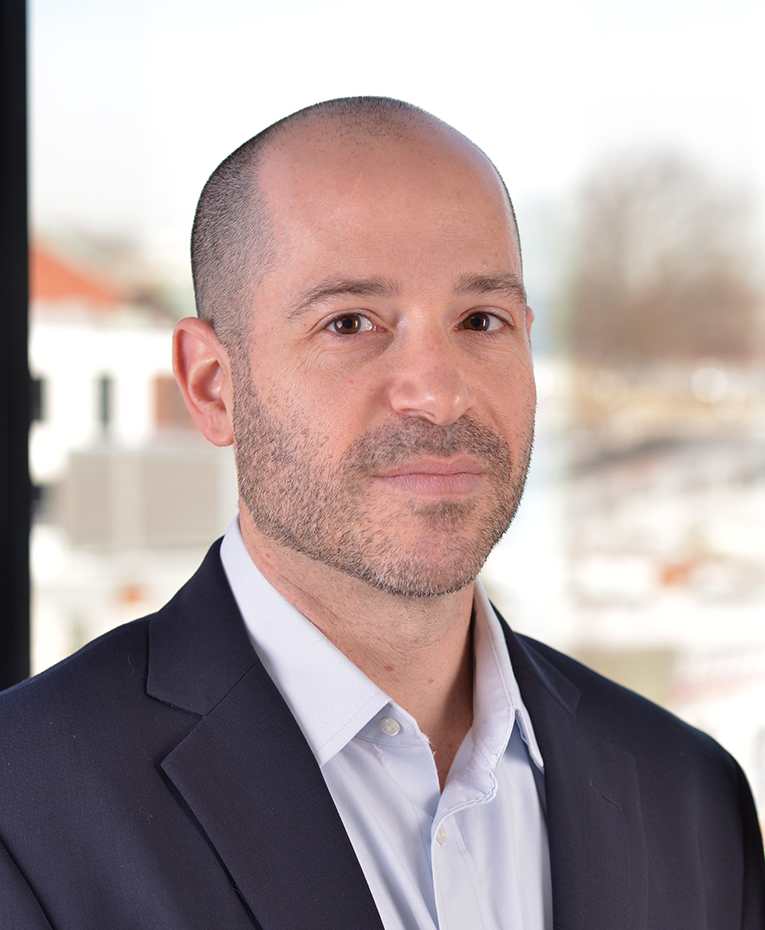February 22, 2024
July 20, 2020
In recent weeks we have published multiple pieces on issues related to the calculation of damages under business interruption policies for losses associated with COVID-19 shutdowns/restrictions. Unlike more conventional business interruption claims, such as losses associated with a hurricane, COVID-19 claims are likely to be more complicated regarding the end date for loss calculations, especially in instances where the policyholder was permitted to resume operations in a limited capacity, such as restaurants that initially were ordered closed but then were allowed to transition to a take-out/delivery model, outdoor seating only, or to operate at restricted capacities.
As many jurisdictions now face a resurgence in COVID-19 cases, another complicating issue is likely to arise. In these jurisdictions that previously imposed restrictions on operations but lifted such restrictions, many policyholders have already submitted COVID-19-related business interruption claims to their insurance carriers. Having thought that they had weathered the storm and were on the path to recovery, they now face the potential of new shutdowns/restrictions.
If renewed shutdowns/restrictions are imposed, a question is likely to arise as to whether these policyholders have one claim applicable to both sets of shutdowns/restrictions or two separate claims. Does the policyholder need to provide additional notice related to the second set of shutdowns/restrictions? Is it more beneficial for the policyholder to have one or multiple coverage triggering events (i.e., occurrences)? What is the impact on available limits or deductibles/retentions?
These are just a few of the insurance issues potentially presented by the prospect of renewed shutdowns/restrictions. Policyholders should review the terms of their policies carefully to understand their rights and their best path forward. Given the complexity of these issues, policyholders should consult with outside experts, as necessary.
